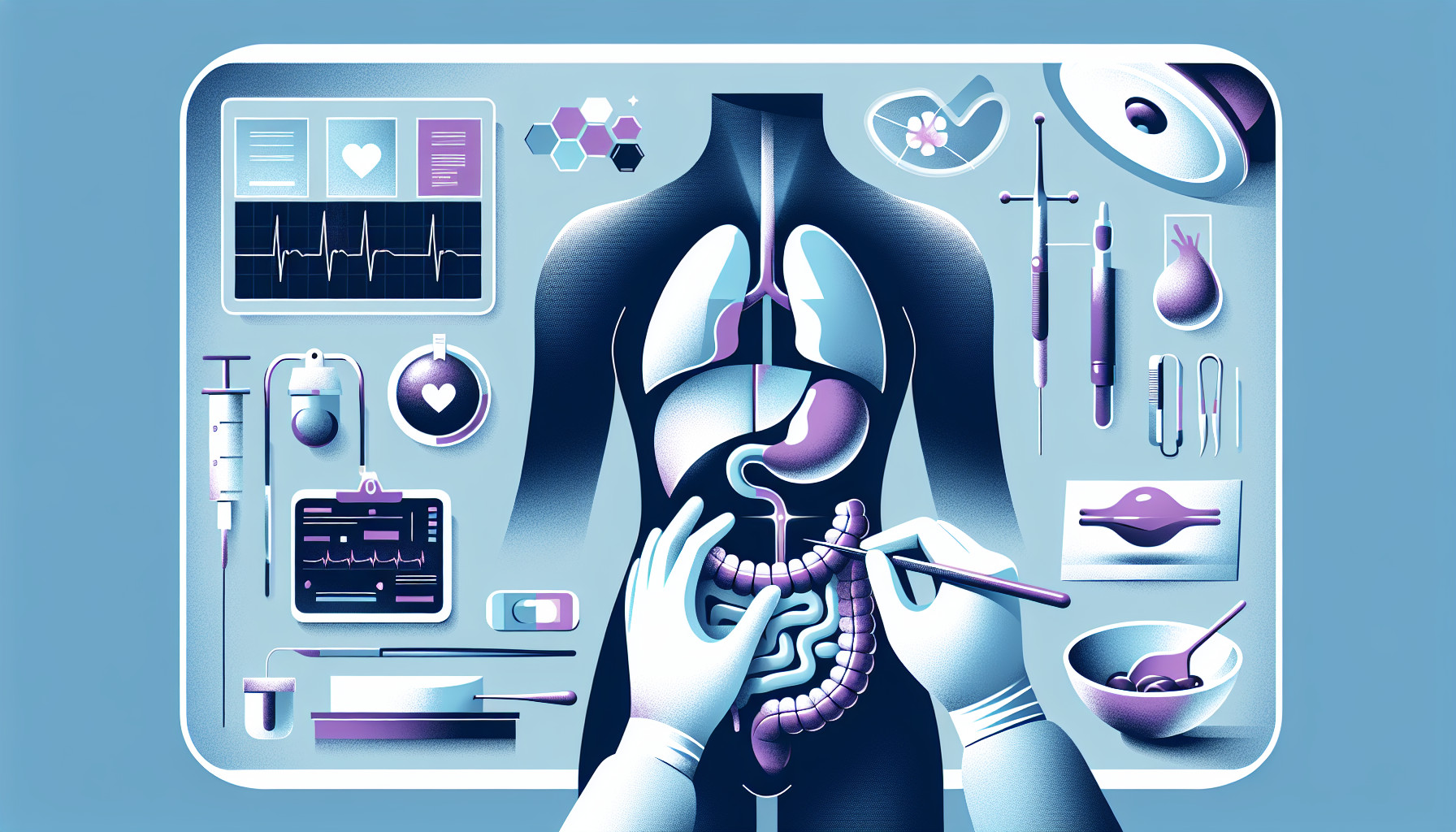Our Summary
This research paper discusses a common complication that can occur after a specific type of pancreas surgery, known as a pancreaticoduodenectomy. This complication is known as a postoperative pancreatic fistula. It is a serious concern for surgeons and can be influenced by the specific method used to reconstruct the pancreas after surgery.
The authors of the paper have looked at all the major studies and trials published in the last five years that compare different reconstruction techniques. They have evaluated the pros and cons of these different methods.
The research indicates that no single reconstruction method can completely prevent the occurrence of a postoperative pancreatic fistula. However, the authors suggest that selecting a specific technique based on the patient’s individual situation during surgery could be key to reducing the chances of this complication occurring.
FAQs
- What is a postoperative pancreatic fistula and how does it relate to the Whipple procedure?
- What are the different pancreatic anastomotic techniques used in a Whipple procedure and how do they influence the development of postoperative pancreatic fistula?
- Can the incidence of postoperative pancreatic fistula be reduced by selecting specific techniques tailored to the patient’s situation during a Whipple procedure?
Doctor’s Tip
A helpful tip a doctor might tell a patient about Whipple procedure is to carefully follow postoperative care instructions, including maintaining a proper diet, avoiding heavy lifting, and attending follow-up appointments. It is also important to report any unusual symptoms or signs of infection to your healthcare provider promptly.
Suitable For
The Whipple procedure, also known as pancreaticoduodenectomy, is typically recommended for patients with pancreatic cancer, ampullary cancer, distal bile duct cancer, chronic pancreatitis, and benign tumors of the pancreas or bile duct. It may also be recommended for patients with certain types of pancreatic cysts or severe pancreatic trauma. The procedure involves the removal of the head of the pancreas, the duodenum, a portion of the bile duct, the gallbladder, and sometimes a portion of the stomach.
Timeline
Before Whipple procedure:
- Patient undergoes preoperative evaluation, which may include imaging tests, blood tests, and consultations with various specialists
- Patient may need to undergo preoperative treatments such as chemotherapy or radiation therapy
- Patient is admitted to the hospital on the day of the surgery and undergoes anesthesia before the procedure
After Whipple procedure:
- Patient is closely monitored in the intensive care unit immediately after surgery
- Patient may have a nasogastric tube to help drain fluids from the stomach
- Patient will gradually transition to a clear liquid diet and then a regular diet as tolerated
- Patient will be monitored for signs of complications such as infection, pancreatic leak, or delayed gastric emptying
- Patient will have follow-up appointments with their surgical team to monitor recovery and address any concerns
- Patient may need to undergo additional treatments such as chemotherapy or radiation therapy in the postoperative period.
What to Ask Your Doctor
- What are the potential risks and complications associated with the Whipple procedure?
- How experienced are you in performing Whipple procedures?
- What is your success rate with this procedure?
- What is the expected recovery time and rehabilitation process after the Whipple procedure?
- What kind of follow-up care will be needed after the procedure?
- Are there any lifestyle changes or dietary restrictions that will need to be followed after the Whipple procedure?
- How long will it take to see the full benefits of the Whipple procedure?
- What are the signs and symptoms of postoperative pancreatic fistula that I should watch out for?
- What should I do if I experience any complications after the Whipple procedure?
- Are there any alternative treatment options to the Whipple procedure that I should consider?
Reference
Authors: Xiang Y, Wu J, Lin C, Yang Y, Zhang D, Xie Y, Yao X, Zhang X. Journal: Expert Rev Gastroenterol Hepatol. 2019 Aug;13(8):797-806. doi: 10.1080/17474124.2019.1640601. Epub 2019 Jul 12. PMID: 31282769
